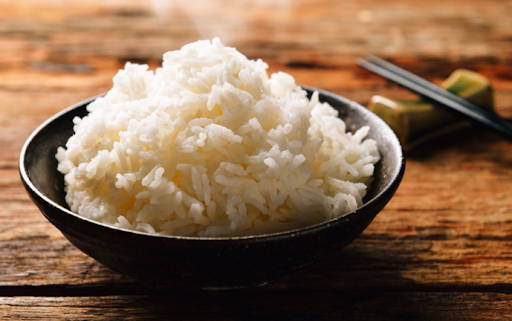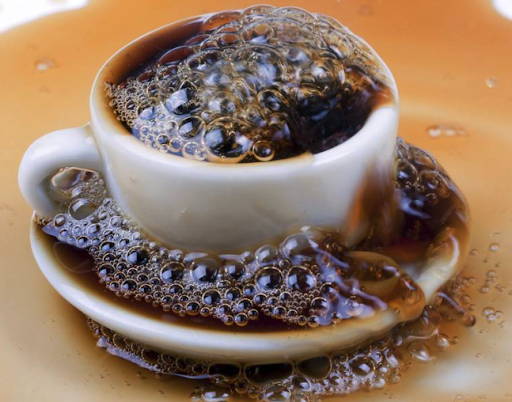Nutrition for Runners and Endurance Athletes
A lot of endurance athletes want to know what they need to consume and eat to optimize their performance. Endurance athletes don’t want to be big, huge, and bulky like a thrower, football player, or rugby player.
The problem, in our experience, is that endurance athletes are at times misinformed and don’t understand what key foods they need to eat to improve their overall performance. We need to recognize that endurance-based athletes are burning a ton of calories: swimmers, marathon runners, cyclists. All of these athletes burn tons and tons and tons of calories. They need to eat nutrient-dense foods that are calorically dense.
4. Fresh Fruit
Bananas, plums, melons, watermelons, and all of the other great fruits available for endurance-based athletes to consume. Just on a side note, the watermelon has nitric oxide which makes it a vasodilator to help with performance.

But the key concept is consuming a lot of fruit. Fruit tastes good so it is easy to savor, eat, and enjoy. Foods with better taste just go down the gourd easier. On top of that, the fruit has a ton of fiber. Lack of fiber can be an issue with athletes’ diets. The extra fiber will improve the microbiome which will lead to a better breakdown of the food to get the full benefits of the nutrients both macro and micro.
All the fruits add up to a healthy amount of calories within the body. Another great thing about fruit is it can be eaten throughout the day, is portable, and can be carried around.
3. Rice
Athletes that are training for endurance sports and are burning five to six thousand calories a day between all the miles, meters, kilometers, and kilos in training can take ingest rice. Rice is another easily transportable food. Rice is also really easy to digest and tends to not disrupt a person’s gut.

Maybe have one to two cups after the morning workout and then another one to two cups early afternoon to have a lot of glycogen during the afternoon’s training session. This helps athletes to maintain their body weight. Rice helps keep the calories up.
On a bonus aside, cooking rice with turmeric adds a little bit of anti-inflammatory aspect that helps the joints feel better.
2. Meat
It can be tuna, a burger, pork, or a chicken. They’re high in protein and good for recovery. Now, athletes who are vegan are vegetarian, no problem, and understandable. Just make sure to get enough protein.

Now strength athletes need to get about one gram of protein per pound of body weight. An endurance athlete may only be getting .75 grams of protein per pound of body weight. This is where tuna, beef, salmon, and the like come into play.
The protein will help with recovery after training, especially when logging the miles in conjunction with strength work. Getting enough protein helps the body feel better. Don’t shy away from protein. It is needed to feel better on a day-to-day basis. Just understand how much protein needs to be eaten at every meal--around thirty grams of protein at every meal with a protein shake helps get the necessary amount of protein, the building block of recovery.
1. Caffeine
Not only does caffeine make athletes more aware and focused, but it also does a lot for endurance-based athletes.

We recommend adding some cream to get some whole fat into the coffee with espresso shots to get some extra calories. Not only the extra calories, but the caffeine also improves the ability to tolerate discomfort, improve the stride frequency, and the power output. Because the stride frequency is more powerful, more ground will be covered. Caffeine stimulates the nervous system to increase the power output to help with performance.
Recap
The fiber and carbohydrates from fruit are imperative. The protein from lean meats is great for recovery. The carbohydrates from rice, as well as the abundance of calories, are needed as well. And caffeine does a lot to wake up the nervous system to improve performance.
We also recommend that endurance-based athletes need to measure the amount of fiber they get in a day, trying to hit fifty to sixty grams. This will improve gut health and help the body feel more capable of dominating in whatever endurance-based sport is being competed in.
DANE MILLER
Dane Miller is the owner and founder of Garage Strength Sports Performance. He works with a select handful of clients on building comprehensive programs for fitness and nutrition. Several times a year he leads a workshop for coaches, trainers, and fitness enthusiasts.

